Siberian Huskies are known for their thick, double-layered coats that help them stay warm in cold temperatures. However, even these furry friends can face some safety risks during the winter season. Here are some tips to keep your Husky safe and healthy during the winter months.
Protect Your Husky’s Paws
Snow, ice, and salt can be harsh on your Husky’s paws. To protect them, consider getting your Husky some booties or paw wax to help prevent injury and discomfort. Additionally, after walks, be sure to wipe your Husky’s paws with a damp cloth to remove any snow, ice, or salt residue.
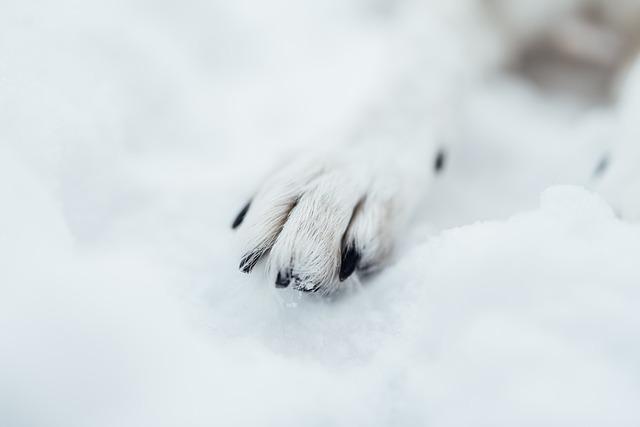
Provide Adequate Shelter
Huskies love being outside, but they need a safe and warm place to stay when the weather gets too cold. A dog house with insulation and bedding can help keep your Husky warm and dry in case they need to take a break from the cold.
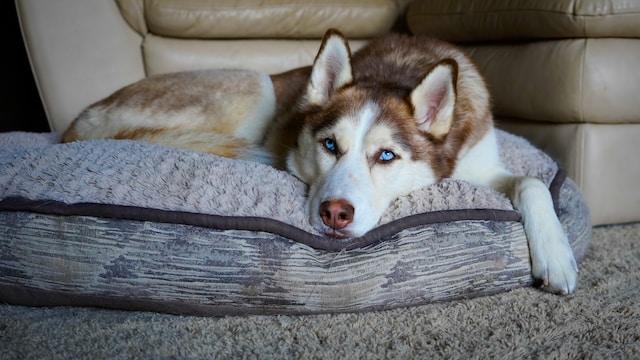
Keep Your Husky Hydrated
While we often associate dehydration with hot weather, it’s just as important to keep your Husky hydrated during the winter months. Be sure to provide your furry friend with fresh water regularly, as well as access to snow, which can be a source of hydration.
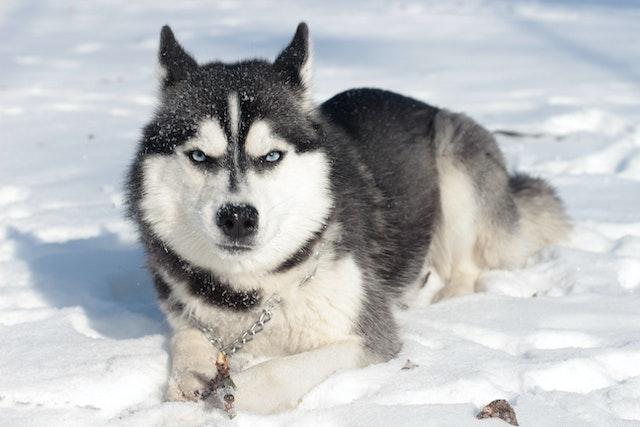
Dress Your Husky Appropriately
While Huskies are built for cold weather, they can still benefit from some extra warmth in extreme temperatures. Consider getting your Husky a warm coat or sweater to wear during particularly cold days or long walks.
Avoid Long Periods Outdoors
Even though Huskies are built for cold weather, it’s important to remember that extreme temperatures can still be dangerous for them. Avoid leaving your Husky outside for long periods of time in extremely cold weather, as this can lead to hypothermia or other health problems.
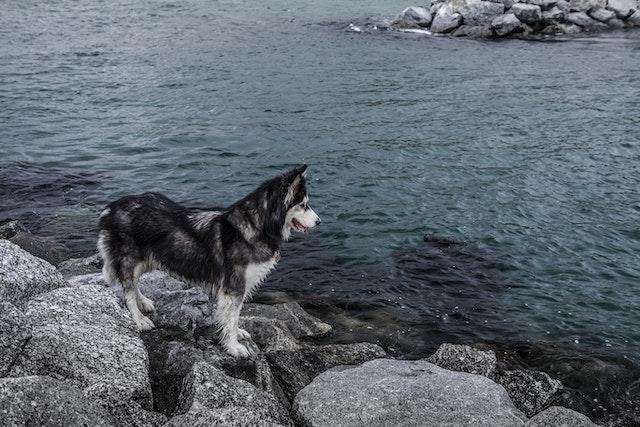
Watch Out for Signs of Cold Stress
Even with precautions in place, it’s important to keep an eye out for signs of cold stress in your Husky. Shivering, lethargy, and loss of appetite are all signs that your furry friend may be too cold and in need of warmth.
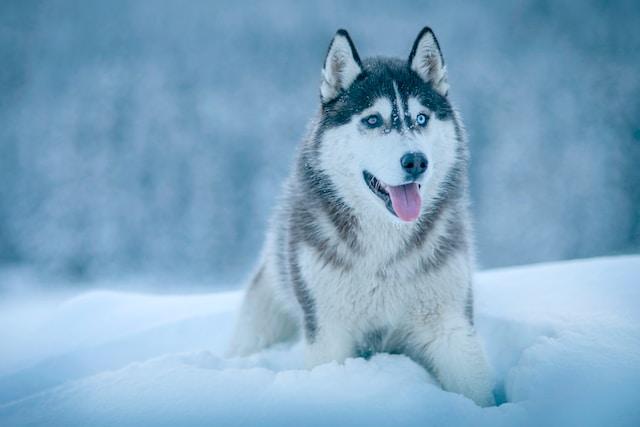
By following these tips, you can ensure that your Husky stays safe and warm during the winter season. Remember, while they may love playing in the snow, it’s up to us as owners to keep them safe and healthy during the colder months.

